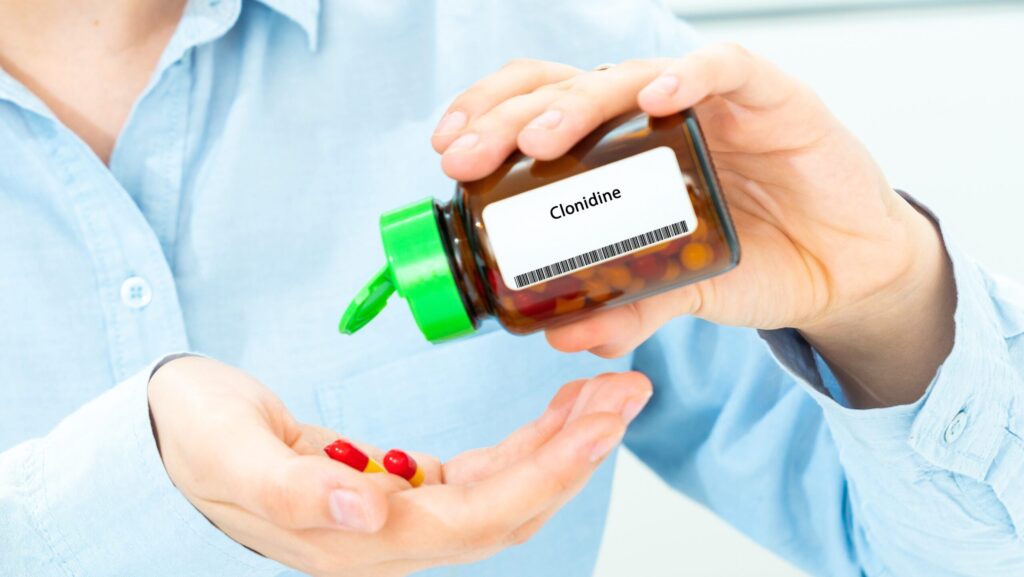Federal Scientists Recommend Easing Restrictions on Marijuana
The Biden administration is proposing a move to reclassify marijuana and ease up on federal restrictions on the substance. The proposal would change the classification from a Schedule I controlled substance to a Schedule III controlled substance, labeling it a less dangerous drug. This reclassification will be a first for the substance since the Controlled Substances Act was enacted more than 50 years ago. The U.S. Drug Enforcement Administration is expected to approve of the reclassification by the current administration and recommendation from the Department of Health and Human Services. The move won’t legalize marijuana at the federal level; it will just reconsider the classification of the drug.
Federal Scientists Recommend Easing Restrictions on Marijuana Read More »










